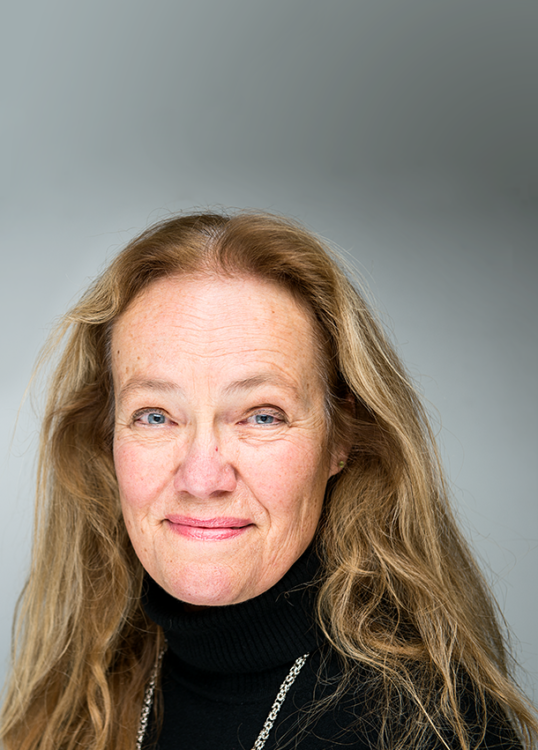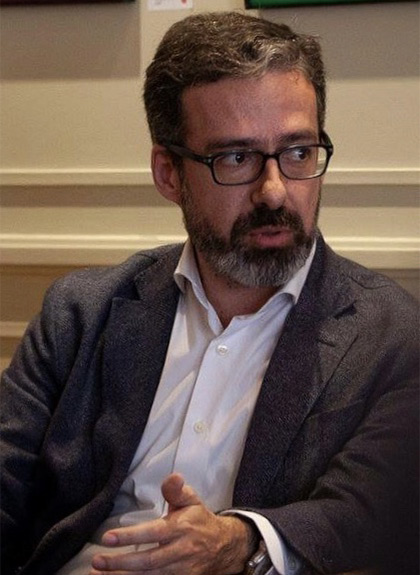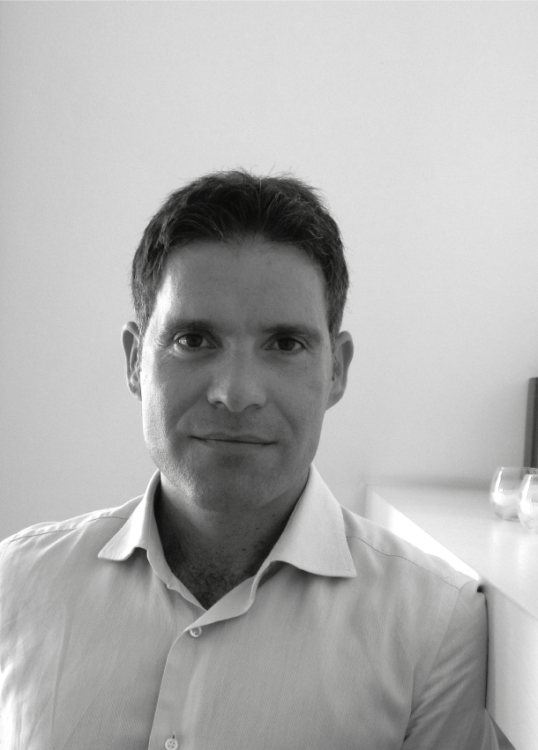EURA Editorial Team
20/07/2020
Along the last months, we have been asking ourselves what changes should take place in the post-COVID city, what themes and approaches we need to put into practice and include in our reflection to emerge stronger from the unprecedented situation that we are facing as European society. Concerning this, urban regeneration emerges as a pertinent response and full of possibilities to face the difficult reality th...
13/07/2020
In the movies the dystopian view of a pandemic and its aftermath is mass unrest, accompanied by a breakdown in law and order. In reality one of the most striking elements of the response to the Covid-19 pandemic is that communities have responded through support and solidarity. While such networks of support might be the norm in some neighbourhoods, or were in the past, the evidence from the academic literatu...
30/06/2020
The 2020 public health emergency has interested the whole word and, although in different manner and measure, changed habits and use by people of places and cities. In many countries public spaces became completely empty and new urban landscapes have substituted for the previous one, transforming the private into public. Houses and balconies were – and still are – used as work and study spaces, breaking down ...
23/06/2020
In the first EURA Conversation, Robin Hambleton highlights the importance of good local leadership for handling the corona pandemic. However, the success of local and national policies to fight back the pandemic depends first and foremost on peoples’ responses to policies restricting their everyday life – every day. That is, it depends on peoples’ trust to or fear of their authorities – and the virus. The Nord...
16/06/2020
The corona pandemic has a wide range of effects on our cities and many observers speak of cities in crisis. Some of the effects are short term and immediate (closure of shops, bars, schools, museums, collapse of parts of the economy etc.), some will be long term. One of these short-term measures with an eventual long-term effect is discussed with a positive undertone: the opening up of temporary additional cycling lanes or even the closure of streets for cars. It see ...
18/05/2020
I follow the tone of the previous posts in this new EURA Conversations channel. This is a democratic space to share experiences, offer reflections and open up conversations. I would like to advocate that the Covid-19 pandemic can serve as a catalyst, encouraging cities and local authorities to fast-track urban transformation. A prime example of this type of change has ...
18/05/2020
As I write these lines, all over the world the COVID-19 pandemic is still disrupting a broad range of aspects we usually refer to as “urban life”. In many countries lockdown will be on the government agenda for weeks, with no expectation for the opening of concert halls and sports arenas, cinemas and museums. In many others social interactions are still minimized for fear that people’s efforts to recover from the pandemic may be frustrated by a new virus explosion. ...
04/05/2020










